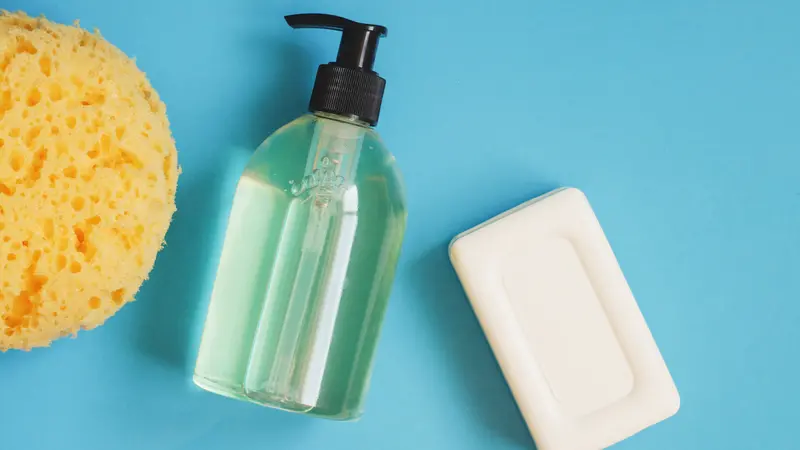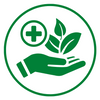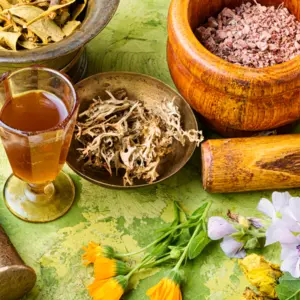

Natural

Natural
Plain Soap or Antibacterial Cleanser? The Science Says Soap
Over the past 18 months, hand-washing has become an obsession for many. It’s now known that COVID-19 is transmitted through respiratory droplets, overall, 80% of infections are transmitted through touch.
According to the Cleveland Clinic, the antibacterial hand cleansers that many people use don’t offer any additional protection against germs than plain soap. Many, in fact, contain chemicals and may create drug-resistant bacteria.
In 2016, the Food and Drug Administration (FDA) ruled that liquid and bar hand soaps containing any of 19 chemicals as active ingredients could no longer be marketed. This ruling, which affected 40% of liquid hand soaps and certain bar soaps, did not apply to consumer hand sanitizers or wipes or antibacterial products used in healthcare settings. As recently as 2019, the FDA has maintained this position.
According to the FDA, manufacturers had failed to prove that the ingredients in these soaps were safe for long-term use or that they were more effective than soap and water. The most common chemicals used were triclosan, used in liquid soap, and triclocarban, used in bar soaps. The FDA says studies revealed that long-term exposure to these chemicals posed health risks, including bacterial resistance and hormonal effects.
Triclosan is found in many consumer products, including clothing, kitchenware, furniture, and toys, to prevent bacterial contamination. Long-term exposure to it raises concerns about risks associated with its use over a lifetime. The FDA and the Environmental Protection Agency (EPA) are collaborating to ensure government-wide consistency on its regulation.
According to Dr. Daniel Allan, family medicine physician at the Cleveland Clinic, plain soap and water is the most effective way of avoiding getting sick or preventing the spread of germs to others. Soap loosens dirt and germs, while water removes these from the skin. Warm water is especially effective in loosening the oil and soil on the hands.
Research shows most people wash their hands for less than 10 seconds. Increasing this to 15 to 30 seconds can decrease the bacteria on the skin tenfold, says Dr. Allan. The Centers for Disease Control and Infection recommends also washing wrists, fingernail edges, and forearms.
If soap and water aren’t available, alcohol-based hand sanitizer with 60% ethyl alcohol or 70% isopropyl alcohol will kill 99% of the bacteria on your hands, says Dr. Allan.
REFERENCES
Cleveland Clinic. (2021, July 21). Trying to avoid germs? Regular soap and water will get the job done. https://health.clevelandclinic.org/avoid-germs-dont-bother-anti-bacterial-soaps-video


 By
By






